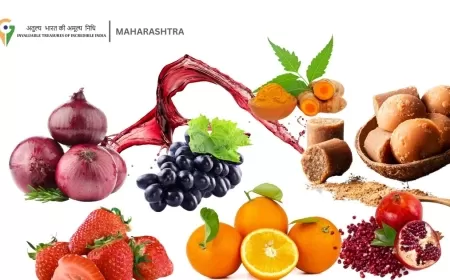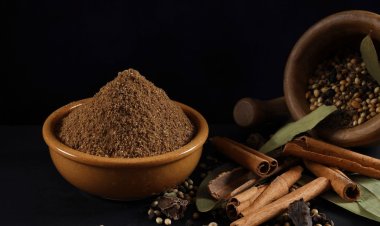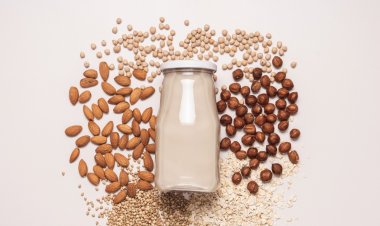Know More About Aspartame and Artificial Sweeteners: Examining Safety and Concerns
Check the potential classification of aspartame as a carcinogen and the concerns surrounding artificial sweeteners. Learn about the upcoming WHO announcement, research findings, and frequently asked questions regarding the safety of these sweeteners

Artificial sweeteners have gained widespread popularity as sugar substitutes in various food and beverage products. Aspartame, one of the most commonly used artificial sweeteners worldwide, is now under scrutiny as the World Health Organization (WHO) is expected to announce its potential classification as a carcinogen. This article delves into the background of aspartame, the upcoming WHO announcement, and the broader concerns surrounding artificial sweeteners. Additionally, we address frequently asked questions to shed light on this evolving topic
The Story of Aspartame:
The search for sugar alternatives began in the late 1800s due to growing concerns about the health implications of excessive sugar consumption. Scientists discovered saccharin and cyclamate, which were significantly sweeter than sugar. In the 1960s, aspartame was developed and found to be 200 times sweeter than sugar. Although it initially faced regulatory hurdles, it received approval from the US Food and Drug Administration (FDA) in 1981 and the European Union in 1994. Aspartame, sold under various brand names, found its way into thousands of products as a "sugar-free" option.
The WHO Announcement:
On July 14, the WHO is expected to release an announcement regarding the potential classification of aspartame as "possibly carcinogenic to humans." The International Agency for Research on Cancer (IARC), a part of the WHO, conducts hazard identification to assess the cancer-causing potential of agents. It is important to note that hazard identification does not indicate the actual risk of developing cancer at specific exposure levels. The upcoming announcement aims to communicate the findings of the hazard identification process conducted by the IARC.
Safety Concerns and Research Findings:
Recent studies have raised concerns about the safety of artificial sweeteners, including aspartame. A study conducted by researchers at North Carolina State University discovered that sucralose, another commonly used sweetener, can release a genotoxic compound during digestion that may harm DNA. The study also found that sucralose can increase intestinal permeability, commonly known as "leaky gut," potentially allowing harmful chemicals to enter the bloodstream.
Frequently Asked Questions (FAQs):
Q1: What is aspartame?
A1: Aspartame is an artificial sweetener used as a sugar substitute in numerous products, known for its intense sweetness and low-calorie content. It is composed of two amino acids: aspartic acid and phenylalanine.
Q2: Why is the WHO considering classifying aspartame as a potential carcinogen?
A2: The WHO's upcoming announcement is based on hazard identification, which determines the potential of an agent to cause harm. It is essential to distinguish hazard identification from risk assessment, as the former focuses on identifying properties while the latter assesses the actual risk associated with exposure.
Q3: Should I avoid consuming products containing aspartame?
A3: It is always advisable to maintain a balanced and varied diet. If you have concerns about aspartame or any other artificial sweeteners, you may choose to reduce your consumption or explore natural alternatives like plant-based stevia.
Q4: Are all artificial sweeteners potentially harmful?
A4: Research on artificial sweeteners is ongoing, and conclusions about their safety can vary. It is essential to stay informed and follow regulatory guidelines and recommendations from health authorities.
What's Your Reaction?
 Like
0
Like
0
 Dislike
0
Dislike
0
 Love
0
Love
0
 Funny
0
Funny
0
 Angry
0
Angry
0
 Sad
0
Sad
0
 Wow
0
Wow
0






































































































